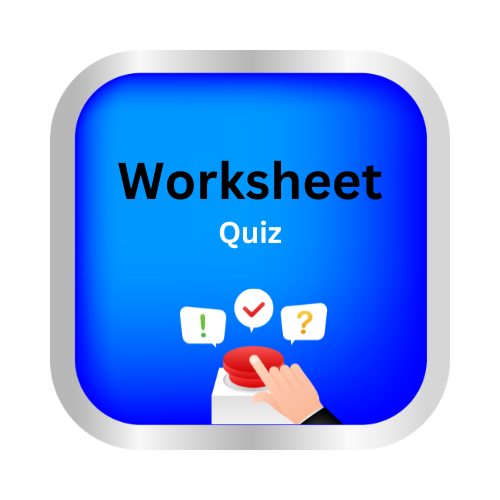Use reflexive pronouns
Key Notes:
🌟 Use Reflexive Pronouns 🤩
| ✨ What are Reflexive Pronouns? |
👉 Reflexive pronouns are used when the subject and the object of the sentence are the same person/thing.
👉 They end with -self (singular) or -selves (plural).
| 📝 List of Reflexive Pronouns 📚 |
- 👦 Myself
- 👧 Yourself
- 👨 Himself
- 👩 Herself
- 🐶 Itself
- 👨👩👦 Ourselves
- 👬 Yourselves
- 👨👩👧👦 Themselves
| 🌈 When to Use Reflexive Pronouns? |
When the subject does something to itself 🪞
- She looked at herself in the mirror.
To emphasize the subject 💡 - I will do it myself! 💪
With certain verbs like enjoy, blame, introduce, hurt 💭 - We enjoyed ourselves at the party. 🎉
| ⚡ Examples with Emojis |
- I cut myself while cooking. 🍳🔪
- He blamed himself for the mistake. ❌🙍
- They introduced themselves to the new teacher. 👨🏫👋
- You should be proud of yourself. 🏆😊
| 🌟 Quick Tip 🎯 |
If you can remove the pronoun and the sentence loses its meaning, then you need a reflexive pronoun! ✨
Example:
- ❌ He washed in the morning.
- ✅ He washed himself in the morning. 🚿
Let’s practice!🖋️

